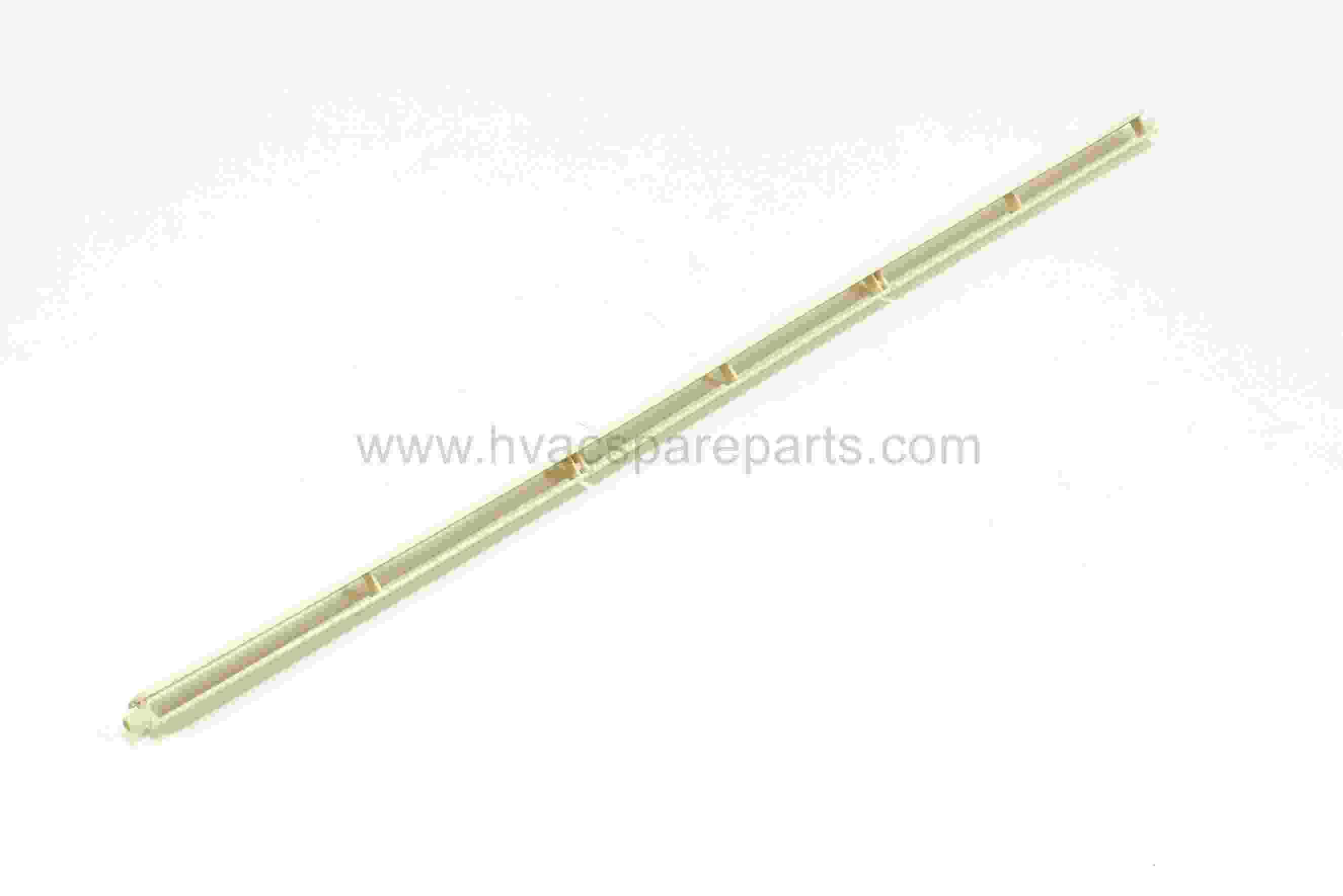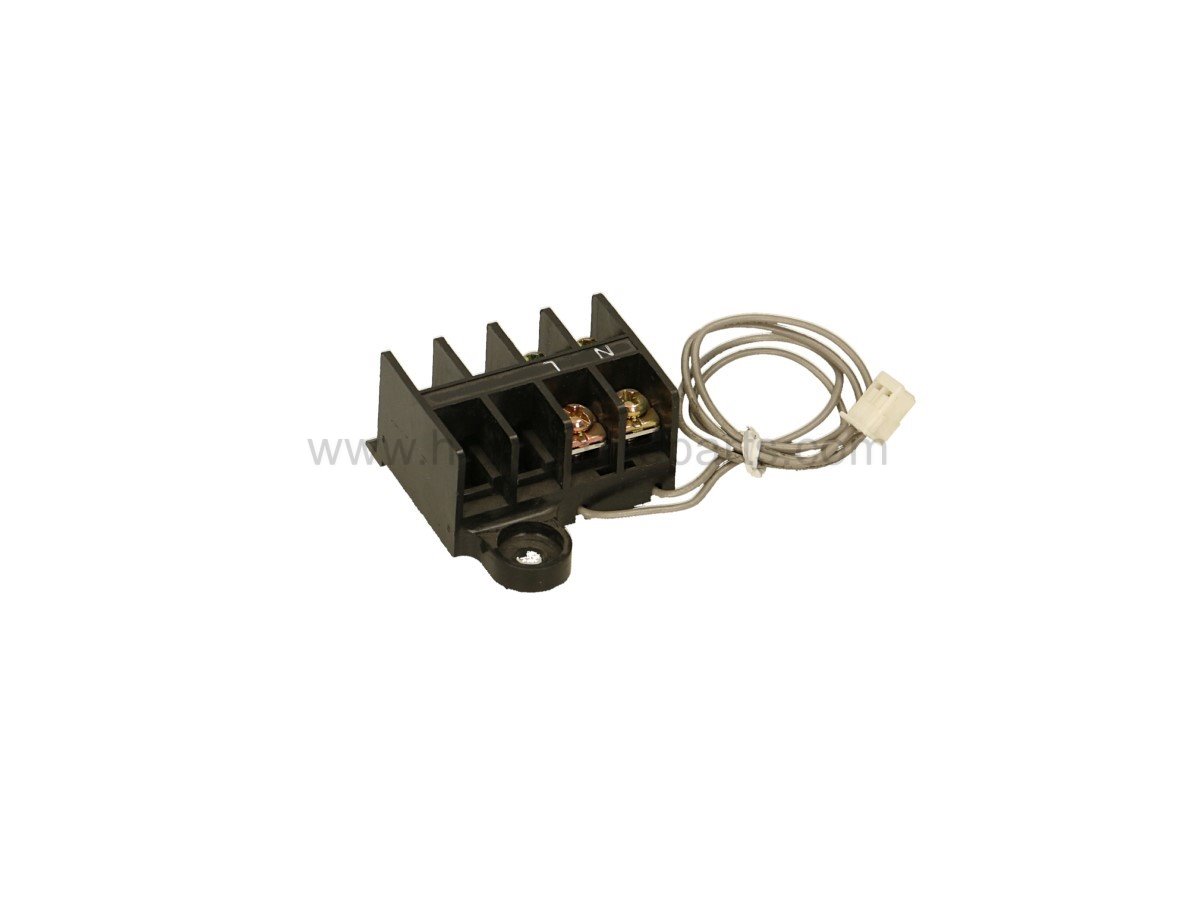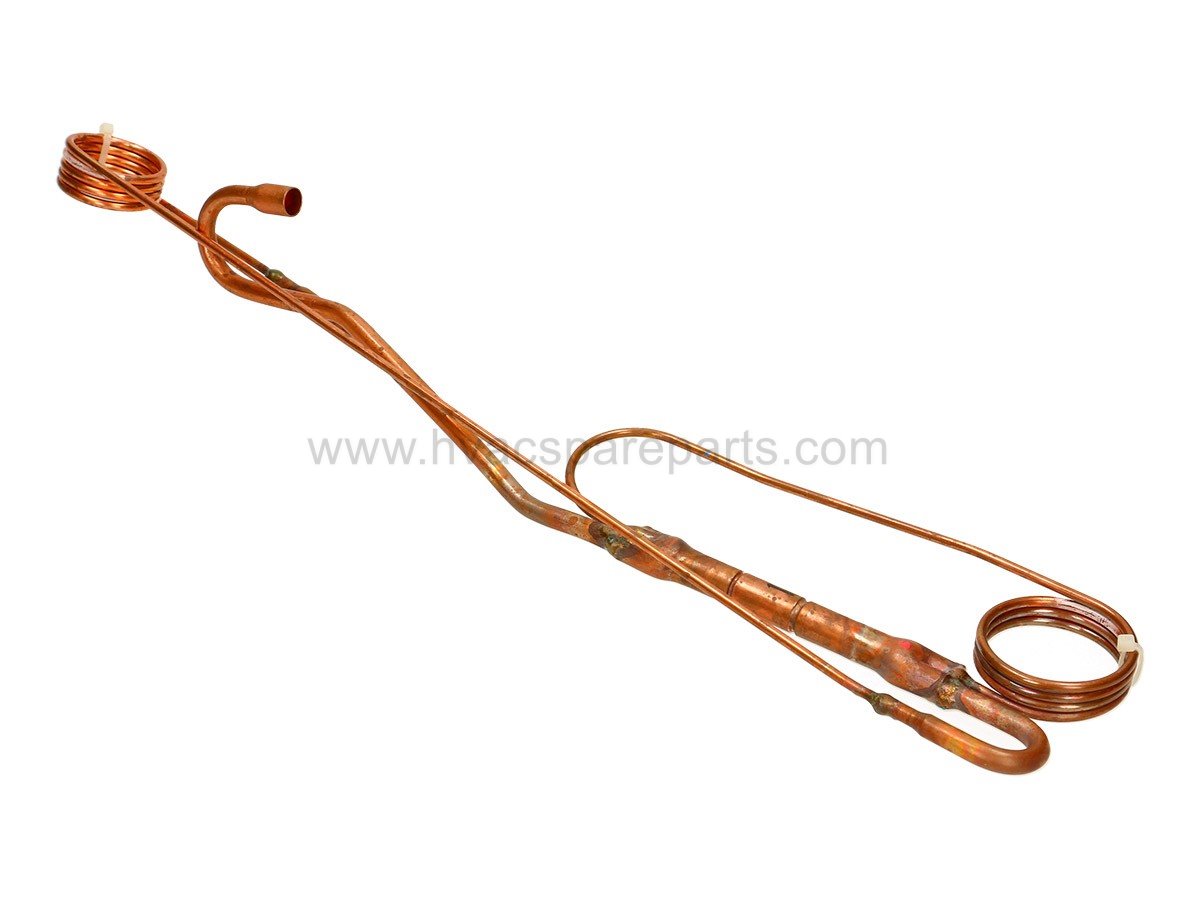From United State & Canada: ☎️ 1 800 798 3409
- Copper Pipes and Copper connections
-
Valves
- Heat Exchangers
- Pressure switches and thermostats
- Water Pumps And Motors
- Sight Glasses
- Sensors and Transmitters
- Contactors and Motor Starters
- Electronic Controls
- Liquid Level Controls
- Filters and Strainers
- Oil separators Liquid receiver
- HVAC Installation Maintenance
- Cold Rooms
- Cold Rooms With Monoblocks Or Splits Units
- Cold Rooms Of 1 To 3 M3 Of Volume Equipped With Refrigeration Equipment
- Cold Rooms From 3 To 6 M3 Of Volume Equipped With Refrigeration Equipment
- Cold Rooms From 6 To 9 M3 Of Volume Equipped With Refrigeration Equipment
- Cold Rooms From 9 To 12 M3 Of Volume Equipped With Refrigeration Equipment
- Cold Rooms From 12 To 15 M3 Of Volume Equipped With Refrigeration Equipment
- Cold Rooms From 15 To 18 M3 Of Volume Equipped With Refrigeration Equipment
- Cold Rooms From 18 To 21 M3 In Volume Equipped With Refrigeration Equipment
- Cold Rooms From 21 To 24 M3 Of Volume Equipped With Refrigeration Equipment
- Cold Rooms From 24 To 27 M3 Of Volume Equipped With Refrigeration Equipment
- Cold Rooms From 27 To 30 M3 Of Volume Equipped With Refrigeration Equipment
- Cold Rooms From 30 To 33 M3 Of Volume Equipped With Refrigeration Equipment
- Cold Rooms From 33 To 36 M3 Of Volume Equipped With Refrigeration Equipment
- Cold Rooms From 36 To 39 M3 Of Volume Equipped With Refrigeration Equipment
- Cold Rooms From 39 To 42 M3 Of Volume Equipped With Refrigeration Equipment
- Cold Rooms From 42 To 45 M3 Of Volume Equipped With Refrigeration Equipment
- Freezer Rooms
- Freezer Rooms With Monoblocks Or Splits Units
- Walk In Freezers From 1 To 5 M3 Of Volume Equipped With Refrigeration Equipment
- Walk In Freezers From 5 To 10 M3 Of Volume Equipped With Refrigeration Equipment
- Walk In Freezers From 10 To 15 M3 Of Volume Equipped With Refrigeration Equipment
- Walk In Freezers From 15 To 20 M3 Of Volume Equipped With Refrigeration Equipment
- Walk In Freezers From 20 To 25 M3 Of Volume Equipped With Refrigeration Equipment
- Walk In Freezers From 25 To 30 M3 Of Volume Equipped With Refrigeration Equipment
- Walk In Freezers From 30 To 35 M3 Of Volume Equipped With Refrigeration Equipment
- Walk In Freezers From 35 To 40 M3 Of Volume Equipped With Refrigeration Equipment
- Walk In Freezers From 40 To 45 M3 Of Volume Equipped With Refrigeration Equipment
- Walk In Freezers From 45 To 50 M3 Of Volume Equipped With Refrigeration Equipment
- Walk In Freezers From 50 To 55 M3 Of Volume Equipped With Refrigeration Equipment
- Walk In Freezers From 55 To 60 M3 Of Volume Equipped With Refrigeration Equipment
- Walk In Freezers From 60 To 65 M3 Of Volume Equipped With Refrigeration Equipment
- Walk In Freezers From 65 To 70 M3 Of Volume Equipped With Refrigeration Equipment
- Starting & Running Capacitor
SALE OF ORIGINAL FUJI ELECTRIC SPARE PARTS
The best price to buy FUJI ELECTRIC Spare Parts
FiltersFuji Electric is a Japanese corporation that uses its core technological competencies in electrical and thermal power equipment. The intention in its last decades is to contribute to a more sustainable and responsible society.
Through the development of highly efficient, avant-garde and innovative products and solutions that are respectful of the environment, they seek to reduce the energy consumption of each piece of equipment, as well as the carbon emissions of their customers.
Fuji Electric Europe has been a strong and reliable partner for customers not only in Europe, but also in Russia, the Middle East and Africa for more than 3 decades. The performance and reliability of Fuji Electric products have earned the company an excellent reputation.
Fuji Electric Europe represents cutting-edge technology. This is because it masterfully combines high efficiency with a global logistics network. All this is to be able to offer tailor-made solutions in sectors with high energy consumption.
The areas of manufacturing or manufacturers, data centers, information technology, logistics centers and industrial automation of many processes in various branches of the secondary sector of the economy stand out.
Fuji Electric spare parts: history of a brand
In 1923, the Japanese company Furukawa Electric Co., Ltd. and the German brand Siemens AG formed what is today Fuji Electric Manufacturing Co., Ltd.
In this merger an alliance of economic, human and technological capital was consolidated. The name of this new company that was born was inspired by Mount Fuji, the most emblematic and highest mountain in Japan.
This is the chronology of a company made to help the world function without depleting natural resources and contributing to sustainable development:
1923: Fuji Electric Manufacturing Co. founded.
1924: start of manufacturing various types of electrical machinery
1925: start of production of transformers
1930: manufacture of mercury-based steam rectifiers
1933: development of expansion circuit breakers
1935: Hong Kong-based Fuji Tsushinki Manufacturing Co., Ltd is established.
1936: Fuji builds the first hydraulic turbine. That is, the 4,850HP Francis Turbine
1937: Mass production of watt-hour meters begins
1954: begins manufacturing ultra-compact magnetic switches
1954: series production of selenium-based rectifiers begins
1955: marks the great macro-scale incursion into the area of power plants or thermal complexes
1959: start of the manufacture of silicon-based diodes
1965: An electric propulsion system is installed for the first time on the Antarctic scientific and exploration ship named Fuji.
1967: differential switches are developed
1969: they begin to make various vending machines
1973: begins manufacturing selenium drums and photoconductors
1976: the manufacture of inverters for general use begins
1981: develop and begin manufacturing electric propulsion systems for the exclusive use of the icebreaker ship named Shirase
1984: Change of company name from Fuji Electric Manufacturing Co to Fuji Electric Co., Ltd.
1985: launched the first generation of mini UPS called the M-UPS Series. The programmable logic controller of the MICREX-F Series is also introduced to the market and, in the same year, the first 1,000 kW phosphoric acid-based fuel cell is developed.
1987: The Fuji Electric GmbH Foundation, which today is called Fuji Electric Europe GmbH, is born and the IGB module is created
1991: The project for the revolutionary ozone-based water treatment system is successfully completed
1994: the first HII rocket is launched to market with great success, marking the space competition in Japan
1995: the subsidiary Fuji Electric France S.A.S.
1996: Electric railways with the world's first high capacity flat IGBT place an order for IGBT main conversion devices which were finally used in 1998.
1999: the new J Series mini-UPS is launched on the market
2002: they successfully achieve the first energy generation system through fuel cells powered by biogas
2008: The subsidiary Fuji Electric Semiconductor is created, based in Malaysia and known by the acronym Sdn. Bhd. The subsidiaries (in Japan) Fuji Electric FA Components & Systems Co., Ltd., also known as Fuji Electric FA Components & Systems Co., Ltd. And the merger of operations with Schneider Electric Japan Ltd. is created.
2010: the new converted circuit is developed
r with three levels and the new power module also with three levels. These components allow for very highly efficient conversion of electrical energy.Similarly, the geothermal power plant with 140 MW is commissioned. This, located in New Zealand, is the largest in the world in a single unit and was named Nga Awan Purua Power Station.
In addition, the high-speed battery charger for the first electric vehicles is put on sale, a microgrid system is supplied to the outlying islands and participation in installation and verification tests.
In the same year, the power semiconductor of the latest generation SiC module was developed.
2011: The high voltage inverter with built-in water cooling system goes on sale. It is the FRENIC 4800VM5
2012: inverters for air conditioning systems and water treatment systems are launched. They are the FRENIC-HVAC and the FRENIC-AQUA, respectively.
In that year they achieved other advances such as the design and operation of the inverter equipped with new generation power semiconductors. It was the SiC-SBD and it was a first in Japan
Similarly, they launch power conditioners for mega-generation systems for solar energy.
2014: The new generation cold storage container called D-BOX is launched on the market.
Fuji Electric Parts for Air Conditioner
The Fuji Electric company manufactures all kinds of parts for air conditioners. These include:
The Compressor: Inside the outdoor unit of the air conditioner is the compressor. It is in charge of pressurizing the refrigerant gas and transforming it into high-pressure gas using electrical energy.
The condenser: is a part that is in the outdoor unit is the condenser. It is in charge of eliminating the heat from the refrigerant when it returns from the interior of a building and passes through the compressor.
The heat is expelled and the temperature drops as it passes through the condenser. In this heat expulsion phase, the high-pressure gas converts it into a liquid.
The expansion valve: is located inside the outdoor unit and near the condenser outlet. Its function is to limit the flow of refrigerant. As a result, the fluid pressure is reduced and a part of the refrigerant liquid turns into gas and the temperature drops.
The thermostat: is the part in charge of turning the air conditioning on and off depending on the temperature of the room. In this way he manages to keep it constant. They are very important electronic components that guarantee the energy efficiency of the device.
Aacore Supply NCAGE
Privacy Policy
Terms of Use
Shipping Policy
Returns and refunds
HVAC price catalog
Copyright © 2020 hvacspareparts.com
TRADEXUS MARKET, LLC
7345 W Sand Lake Rd,
STE 210 office 5361
Orlando, FL 32819 US
AACORE SUPPLY
C/ de Viver, 25, bajo Local, 46020
Valencia, España
МаркетВекс
Ул. Марагидик 19, етаж 2, офис 1
8000 Бургас, България
La Central du Froid SARL
Nº 12, Av Moulay Abdelhafid
90090 Tanger, Maroc
Opening Hours.
Our shops: Monday to Friday: 07.00 am - 01.00 pm (EST)
Online: 7 days a week, 365 days a year
Menu
Important Notice
Until 04/25/2025, our customer service will be available only via email due to an update in our systems. This update is part of our ongoing efforts to improve the quality and efficiency of our service.
We appreciate your understanding and patience during this period. We will be happy to assist you via email at support@hvacspareparts.com
If you are not yet a registered user, do so now, and start enjoying without waiting the excellent prices that we can offer you.
- Heat Exchangers















